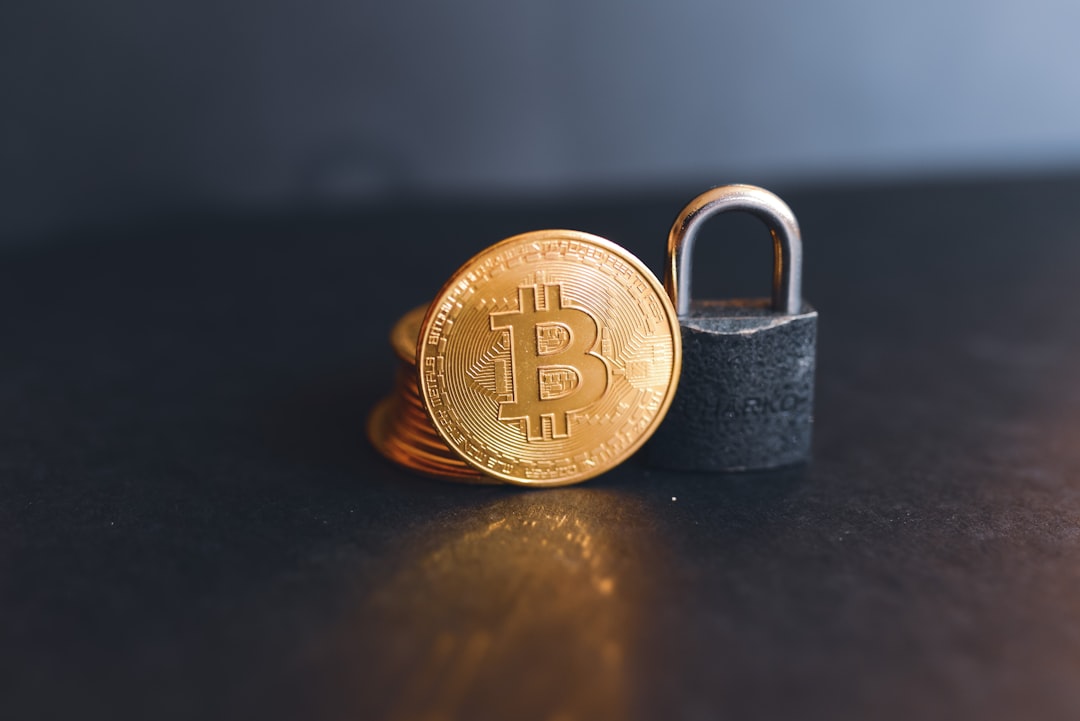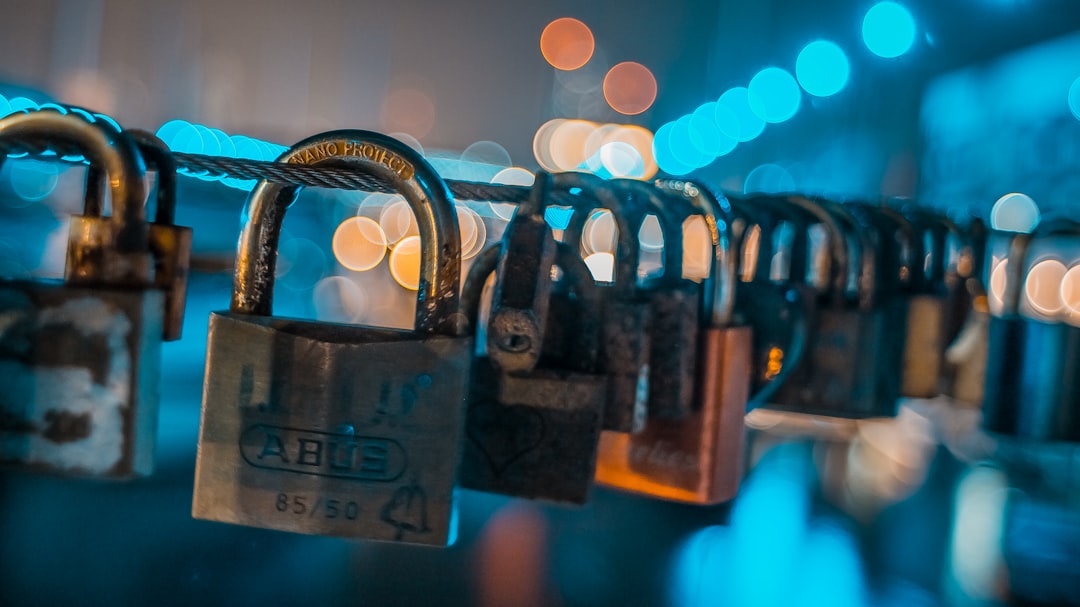Table of Contents
Cryptocurrency has revolutionized financial transactions, empowering users to control their assets independently. One essential component of this ecosystem is your crypto wallet address—a unique identifier that allows you to send and receive crypto securely. While sharing your wallet address is fundamental for transactions, doing so improperly can expose you to phishing attacks, impersonation attempts, and costly mistakes. In this article, we’ll explore how to safely share and verify your wallet address without compromising your security.
What Is a Crypto Wallet Address?
A crypto wallet address is a string of letters and numbers generated from your public key. Think of it as your digital ‘account number’ which allows others to send you cryptocurrency. Although it’s generated from your public key and theoretically safe to share, your wallet address should still be handled with care to avoid errors and vulnerabilities.
For instance, a Bitcoin address might look like this: 1BoatSLRHtKNngkdXEeobR76b53LETtpyT, while an Ethereum address usually starts with 0x and looks like this: 0x742d35Cc6634C0532925a3b844Bc454e4438f44e.
Why Wallet Address Security Matters
Since crypto transactions are irreversible, sending funds to the wrong wallet address—even due to a one-character mistake—can result in permanent loss of your assets. In addition, bad actors can trick you into sending assets to their own address by manipulating or spoofing wallet information during communication.

Therefore, ensuring your wallet address is shared and verified correctly is a must. Let’s look at some practical methods to do so safely.
Best Practices for Sharing Your Wallet Address
Here are a few key techniques that can help you share your crypto wallet address securely:
- Use QR Codes When Possible: Instead of copying and pasting a long string of characters, most wallet apps allow you to convert your wallet address into a QR code. This minimizes the chance of a copy/paste error and offers ease of use.
- Double-Check Before Sending: If you must paste an address manually, verify the first 6 and last 6 characters carefully. Even better, use a wallet with address-checking features or fingerprint authentication.
- Share Through Encrypted Channels: Communicate your address via secure platforms like Signal or ProtonMail, especially for high-value transactions. Avoid sharing over SMS or unencrypted email.
- Avoid Public Forums and Social Media: While technically safe, sharing your wallet address publicly can attract scammers and bots. Keep it private and only share when necessary.
- Create a Payment Page or Use ENS Domains: Ethereum users can create a human-readable name (e.g., yourname.eth) to share instead of a long address. This reduces the chance of typos and builds trust.
How to Verify That the Wallet Address is Correct
Even if you receive a wallet address from a trusted source, it’s crucial to verify its authenticity. Impersonation scams are common in the crypto space, particularly over messaging apps and social media.
Steps to Verify a Wallet Address Safely:
- Confirm Via Secondary Channels: If someone sends you a wallet address through one platform (e.g., Telegram), verify it through another (e.g., a phone call or email you know is legitimate).
- Use Digital Signatures: Some wallets allow users to digitally sign a message with their address. This cryptographic proof verifies ownership.
- Match with Public Records or Profiles: Reputable individuals or organizations often display their wallet addresses on official websites, GitHub accounts, or blockchain explorers. Check for consistency.
- Cross-Reference Hash Information: If dealing with a smart contract or escrow service, verify the contract address on platforms like Etherscan to ensure legitimacy.

Common Mistakes to Avoid
When sharing or verifying a crypto wallet address, some pitfalls can put your assets or privacy at risk. Here’s what to watch for:
- Using Copy/Paste Without Verification: Clipboard hijacking malware is a real threat. Always double-check the pasted address matches the one you copied.
- Assuming Shortened URLs or Links are Safe: Scammers use misleading links that look legitimate. Always preview or avoid shortened address links unless you’re sure of the source.
- Failing to Update Addresses: Some users generate new addresses for each transaction for added privacy. Ensure the recipient hasn’t changed their address since your last interaction.
- Neglecting Address Format: Each blockchain has its own address format. Never send assets to a wallet address that does not belong to the correct network (e.g., sending ETH to a BTC address).
Advanced Tools for Secure Sharing
Beyond the basics, several tools and technologies can enhance wallet address safety:
1. ENS and Domain Linking
The Ethereum Name Service (ENS) allows you to use a human-readable name like alice.eth instead of a long hexadecimal address. These names can be linked to various wallet addresses and help confirm identity with more clarity.
2. Blockchain ID Systems
Services like Unstoppable Domains or Civic offer decentralized identity systems. These link wallet addresses with verified user information, creating a more trustworthy way to share details.
3. Multi-Signature Wallets
For high-stakes transactions, consider using multi-sig wallets. These require signatures from multiple users to approve transactions, reducing the likelihood of mistakes and fraud.
Security Comes Down to Mindset
Sharing your wallet address may seem like a minor action, but it carries weight. The permanent nature of blockchain means even one misstep can lead to irreversible loss. That’s why it’s essential to adopt a security-oriented mindset in your daily crypto interactions.

Always treat your address as sensitive information. Though not private in principle, carelessly exposing it can make you a target for scams and unsolicited transactions. Take precautions by encrypting communication, verifying authenticity, and using blockchain identity systems wherever possible.
Final Thoughts
Navigating the world of cryptocurrency requires a balance of accessibility and vigilance. Sharing and verifying your crypto wallet address the right way is a fundamental skill every crypto enthusiast must master. Whether you’re a casual trader or a hardcore DeFi user, applying these best practices will keep your transactions safe, efficient, and scam-proof.
By integrating secure communication channels, leveraging advanced tools like ENS and multi-signature wallets, and avoiding common pitfalls, you not only protect your assets but also contribute to a more secure and trustworthy crypto ecosystem for everyone.

